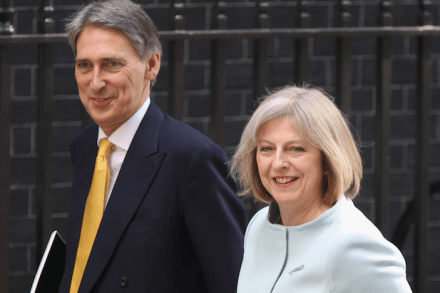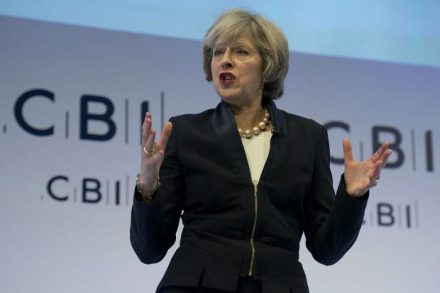Britain’s winning hand
On the morning after the European Union referendum, Britain looked like a country in crisis. The Prime Minister had resigned, Scotland’s first minister was talking about a second independence referendum and the FTSE was in free fall. In several EU capitals, there was an assumption that, when the Brexit talks began, Britain would be the new Greece: a country that could ill afford to reject any deal offered by the EU, no matter how humiliating. In the days following the vote, Mark Rutte, the Dutch prime minister, declared that Britain had just ‘collapsed — politically, economically, monetarily and constitutionally’. Five months on, Britain is in a stronger position than Rutte



















